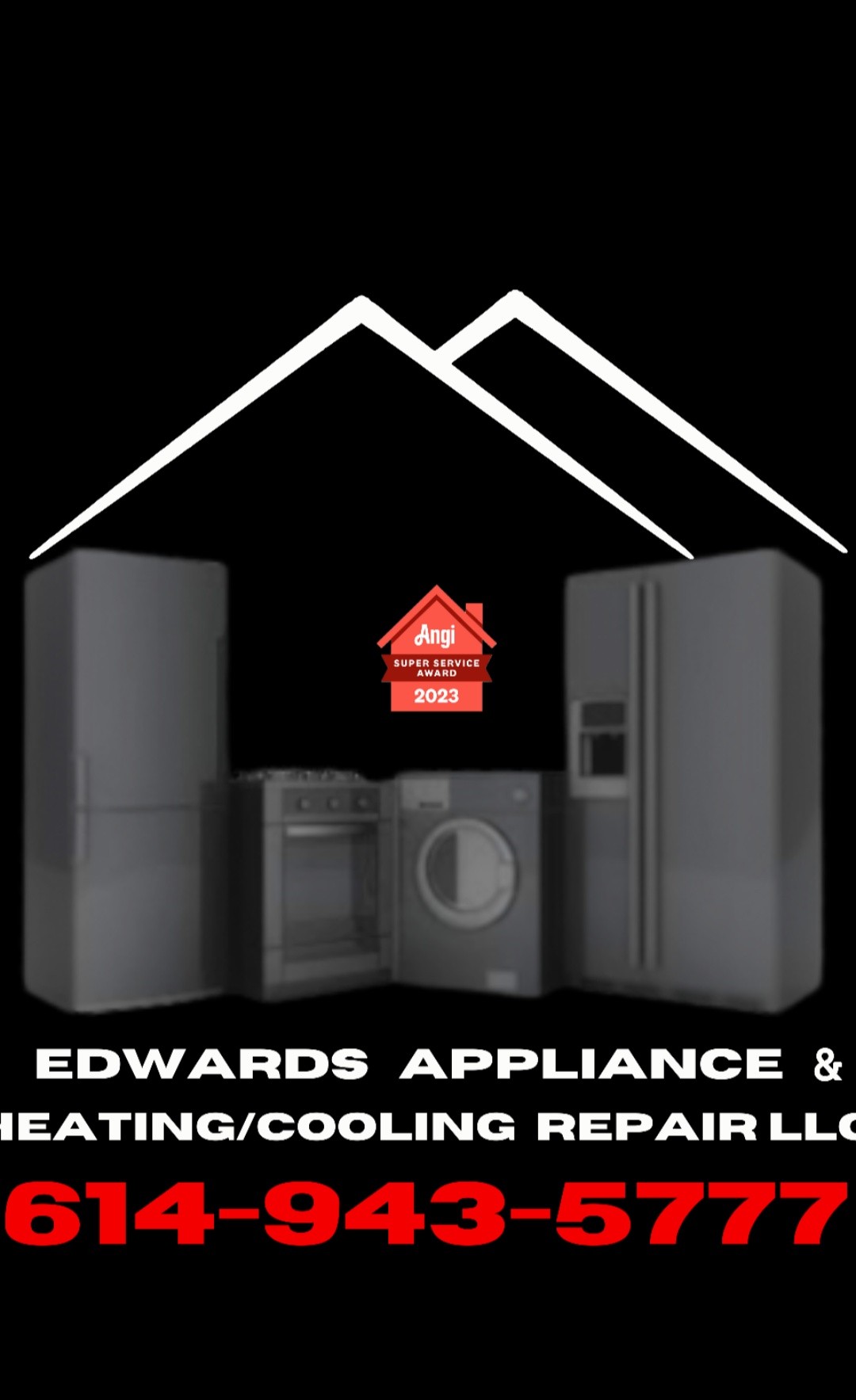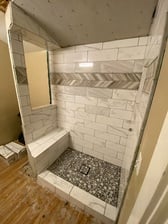
Appliance Pro LLC
Appliance Pro LLC
As a family-owned business, staffed with factory-trained appliance repair technicians, we want you to have peace of mind that you are getting some of the most qualified appliance repair services in the region. One of our top priorities is providing exceptional customer service from your first phone call until we leave your property. We also strive for quality workmanship because we want your repairs to last long after our visit. We know how important your household appliances are in keeping your days and weeks running smoothly and we will do our best to put you at ease. Specializing in large major appliance repair for 15 years. 2011, 2012, 2014, 2015, 2016, and 2018 Super Service Award Winner!
"We had our dryed repaired. Service was prompt, thorough and infromative. Would use again!"
Ellen B on December 2024
As a family-owned business, staffed with factory-trained appliance repair technicians, we want you to have peace of mind that you are getting some of the most qualified appliance repair services in the region. One of our top priorities is providing exceptional customer service from your first phone call until we leave your property. We also strive for quality workmanship because we want your repairs to last long after our visit. We know how important your household appliances are in keeping your days and weeks running smoothly and we will do our best to put you at ease. Specializing in large major appliance repair for 15 years. 2011, 2012, 2014, 2015, 2016, and 2018 Super Service Award Winner!
"We had our dryed repaired. Service was prompt, thorough and infromative. Would use again!"
Ellen B on December 2024






















